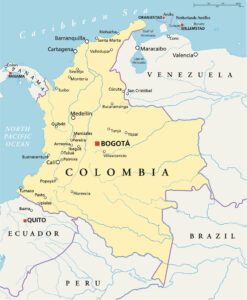
The Free Church of Scotland is voicing concerns over proposed legislative changes by the Scottish government concerning religious education and observance in schools. These changes aim to incorporate children’s perspectives more prominently, aligning with international child rights standards.
The government’s consultation paper outlines plans to ensure children’s opinions are considered in matters of religious education, aiming to conform more closely with the United Nations Convention on the Rights of the Child (UNCRC).
Yet, the Public Engagement Group (PEG) of the Free Church has criticized the proposal for its lack of clarity, arguing that Scottish law already adheres to the UNCRC’s requirements. Consequently, the PEG suggests maintaining the existing legal framework.
In their statement, the PEG emphasized, “The current provisions respect parental rights by allowing parents to withdraw their children from RO and, in practice, from certain elements of RE if these conflict with their beliefs. This approach aligns with Article 5 of the UNCRC, which emphasizes the importance of parental guidance in line with the child’s evolving capacities.”
The PEG argues that religious instruction is a valuable component of education, fostering moral and spiritual growth among students.
They caution that the government’s proposals might lead to negative consequences in five critical areas.
Among these concerns are the potential marginalization of religious views, an increase in religious illiteracy, and diminished moral reflection. Additionally, they warn of possible encroachments on parental rights, with the state potentially mediating disagreements between parents and children, alongside increased administrative demands on schools.
Particularly troubling to the PEG is the prospect of diminished religious literacy and moral contemplation, which they believe could weaken community unity, hinder understanding of diverse perspectives, and impair the ability of citizens to engage in ethical discussions.
This article was originally written by www.christiantoday.com






